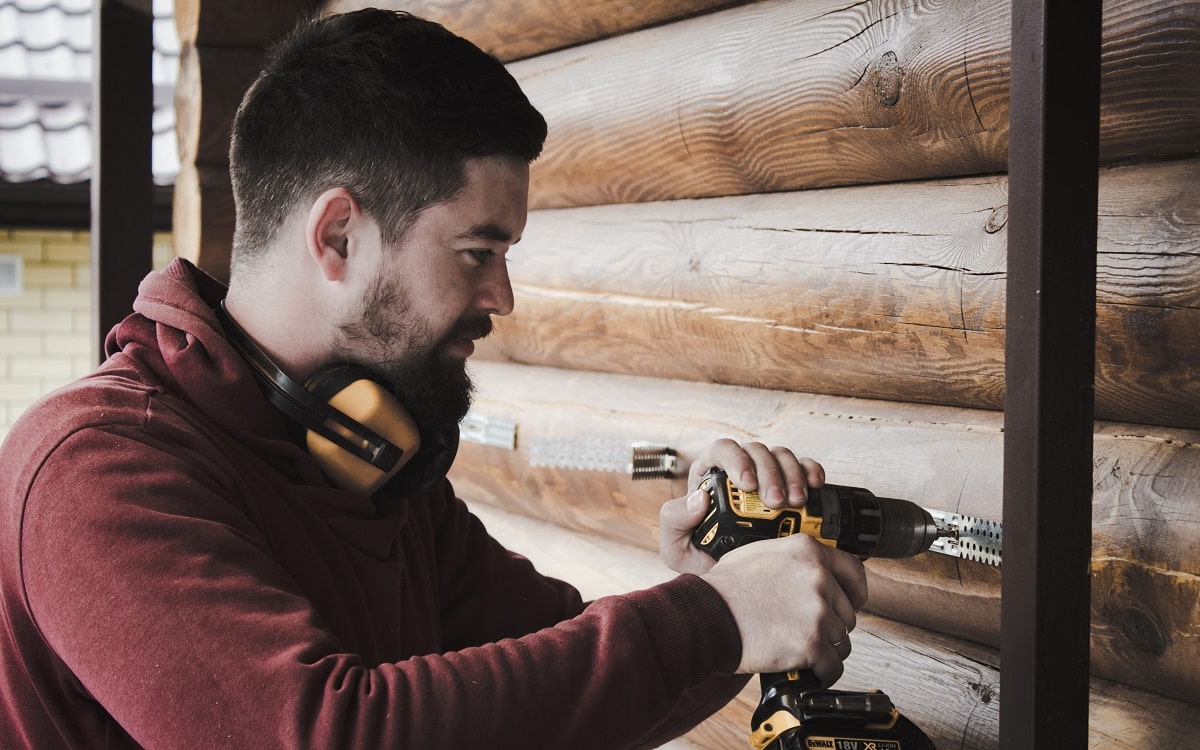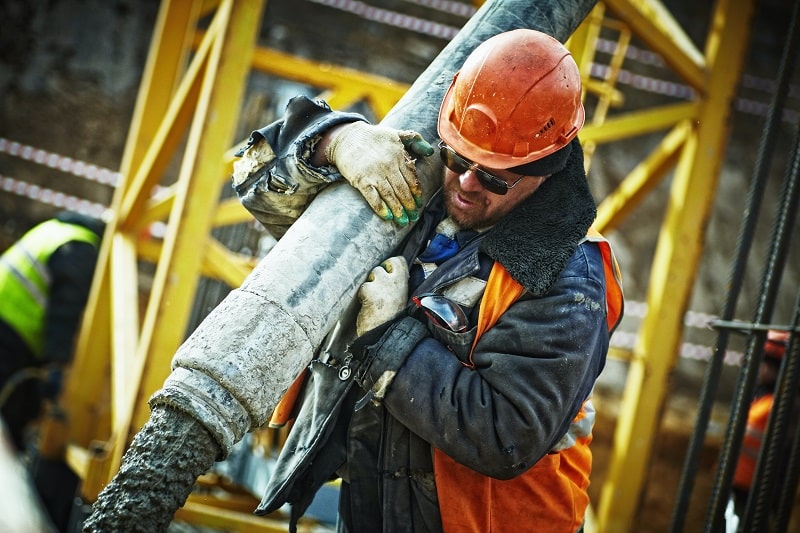
How To Become a Plumber & What Skills Do You Need?
Plumbing can be a lucrative career. Unfortunately, many people have the misconception that all plumbing revolves around is fixing taps and toilets. However, there is so much more to the profession and the skills required.
If you want to know the steps to becoming a plumber and what the Plumbing Aptitude Test is about, keep reading.
Table of Contents
What Do Plumbers Do?
Essentially, a plumber installs water and piping systems in commercial and domestic properties. Part of a plumber’s daily tasks includes the maintenance of these water and piping systems. While the work of a plumber may seem mostly technical, it often requires both hard and soft skills to ensure that their services are reliable and exceptional.
It is important to note that some plumbers are gas safe registered while some are qualified to carry out both residential plumbing and gas heating system jobs.
What Skills Are Needed?
Understanding and acquiring common skills that plumbers need will enable you to excel in the profession. With the right skills, a plumber can execute their tasks effectively. Plumber skills include good communication, physical, mechanical, problem-solving, and customer service skills.
When combined, these skills will be able to help a plumber deliver excellent services and build lasting relationships with clients. Here is a look at some of these skills:
Physical Skills
Due to the equipment that plumbers use, significant strength is required, while accessing plumbing setups might require complex movements.
You need sufficient physical skills to work effectively:
- Physical strength: allows plumbers to carry large pipes, tools, or equipment steadily and tighten fittings.
- Good vision: good eyesight enables a plumber to see into dark areas and spaces and complete tasks using tiny, specialized tools and equipment, like gauges.
- Flexibility: allows a plumber to move through tight spaces and working areas such as underground tunnels or under cabinets.
Mechanical Skills
Plumbers use various tools, equipment, and machinery to perform their tasks, and they need to use them appropriately to execute projects effectively and safely. They also need to know how to address plumbing issues using the equipment and tools creatively.
How To Become A Plumber
To become a plumber, you need certain skills, training, and some qualifications. You can either take a degree or training in plumbing to help you learn skills and acquire some plumbing work knowledge. You can do this through:
Become a Plumber In the US
You do not need a college degree to become a plumber:
- First obtain a high school diploma or GED.
- Undertake vocational training for plumbing.
- Do a plumbing apprenticeship.
- Become licensed.
Become a Plumber In the UK
College
You can enroll in a course in college to become a plumber. Many universities provide 1 to 2-year plumbing and related courses to start your career in plumbing. The courses can be taken by people with or without plumbing experience but ensure that the college course you choose is accredited by a recognized body.
For plumbing courses, the awarding body is EAL, City and Guilds, and BPEC. You can either take a:
- Level 2 and level 3 Diploma (Plumbing and Domestic Heating).
- T level course (Plumbing and Domestic Heating Technicians).
To qualify for a plumbing course in the UK, you’ll need:
- 2 or more GCSEs at grades 9 to 3, or equivalent, for a level 2 course.
- Four or five GCSEs at grades 9 to 4, or equivalent, including English and maths for a T level.
- Four or five GCSEs at grades 9 to 4, or equivalent, for a level 3 course.
Apprenticeship
After earning an NVQ Level 2 Diploma, you can attend an intermediate and advanced apprenticeship in plumbing and domestic heating. Then go ahead and complete the Advanced Apprenticeship to get the NVQ Level 3 Diploma in plumbing (up to four years to complete). The UK government funds these programs and provides placement.
To get an apprenticeship program in the UK you will need:
- Some GCSEs, usually including maths and English, or equivalent (for an intermediate apprenticeship).
- 5 GCSEs at grades 9 to 4 (A* to C), including English and maths (For an advanced apprenticeship).
What Is The Plumbing Aptitude Test?
The Plumbing Aptitude Test can only be taken during open recruitments. It is conducted by the Plumbers Union to pick out the right plumbing apprenticeship candidates.
Note that the test covers 6 topics, which include problem-solving, reading, numerical computation, numerical reasoning, folding, and mechanical comprehension. You will get approximately 140 questions and 120 minutes to answer them.
What Is Included In The Test?
Reading
The first component is the reading section. This section will evaluate your skills in reading and comprehension. After reading a passage, you’ll be asked to answer some questions and see how well you can draw the correct conclusions.
In total, you’ll have to answer 42 questions in 25 minutes here. With each question, you will be given 4 options to choose from.
Numerical Reasoning
The next component revolves around numerical computation, and you will need to perform some mathematical calculations accurately and quickly without a calculator. You will get 28 questions that revolve around decimals and fractions.
With the next numerical reasoning component, you will be asked to spot numerical patterns. In 10 minutes, you will have to answer 10 questions. Each question comes with 5 options for you to choose the answer from.
The next component evaluates your skill in visualizing 3D shapes. They are folding questions, and you will get 12 questions that you have to answer in 15 minutes.
Problem-solving is a significant part of being a plumber, so it is no surprise that the Plumbing Apprenticeship Aptitude Test tests this too. You will get mathematical word problems to solve, and they may involve geometry, percentages, and other basic arithmetic calculations. In 35 minutes, you will have to answer 35 questions.
Mechanical Comprehension
The mechanical comprehension section evaluates how well you can comprehend and apply mechanical concepts. If you have seen or undergone the mechanical aptitude tests, you will find that this mechanical comprehension component is rather similar.
You will not need any knowledge, but of course, you will need to have a basic comprehension of physics.
How To Pass The Plumbing Aptitude Test?
Ample practice is a significant part of doing well in any test. If you do not know what to expect or what topics to study, it is unlikely you will do well. This is where practice tests like Job Test Prep’s Plumbing Aptitude Test Practice come in handy.
Give yourself the best chance of success by practicing for all the 6 components with Job Test Prep. You will get numerical computation, reading comprehension, spatial reasoning, numerical reasoning, mechanical comprehension, and problem-solving practice tests and guides.
With these practice tests, you will become familiar with common techniques required while improving your speed and accuracy in carrying out mathematical calculations. The practice tests even feature built-in spatial reasoning prep with 120 practice questions to help you practice your ability to visualize 3D shapes.
This helps tremendously with the folding questions component. The practice tests and guides also teach you the relevant physical principles to help you solve any mechanical questions during the test.
Conclusion
If you are applying for a plumbing apprenticeship, you likely cannot avoid the Plumbing Union Apprenticeship Aptitude Test. To give yourself the best chance at scoring well, you need to elaborate practice tests and guides to help you along, so you do not waste time studying the wrong topics or feeling unconfident and unsure of what the actual test will be like.
Sarah is an accomplished educator, researcher and author in the field of testing and assessment. She has worked with various educational institutions and organisations to develop innovative evaluation methods and enhance student learning. Sarah has published numerous articles and books on assessment and learning. Her passion for promoting equity and fairness in the education system fuels her commitment to sharing insights and best practices with educators and policymakers around the world.






